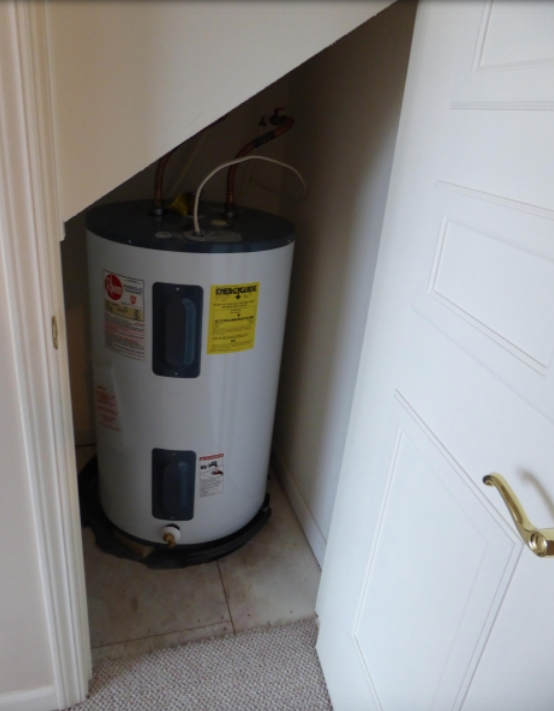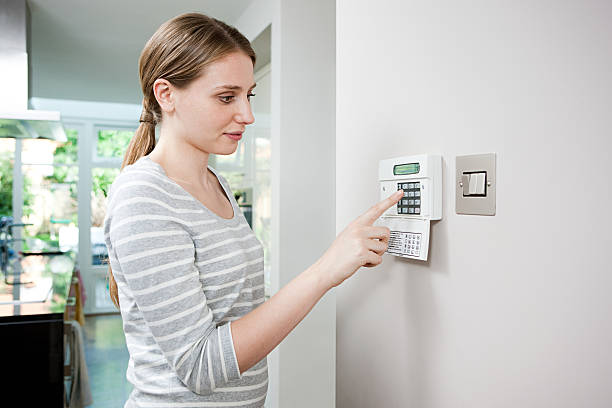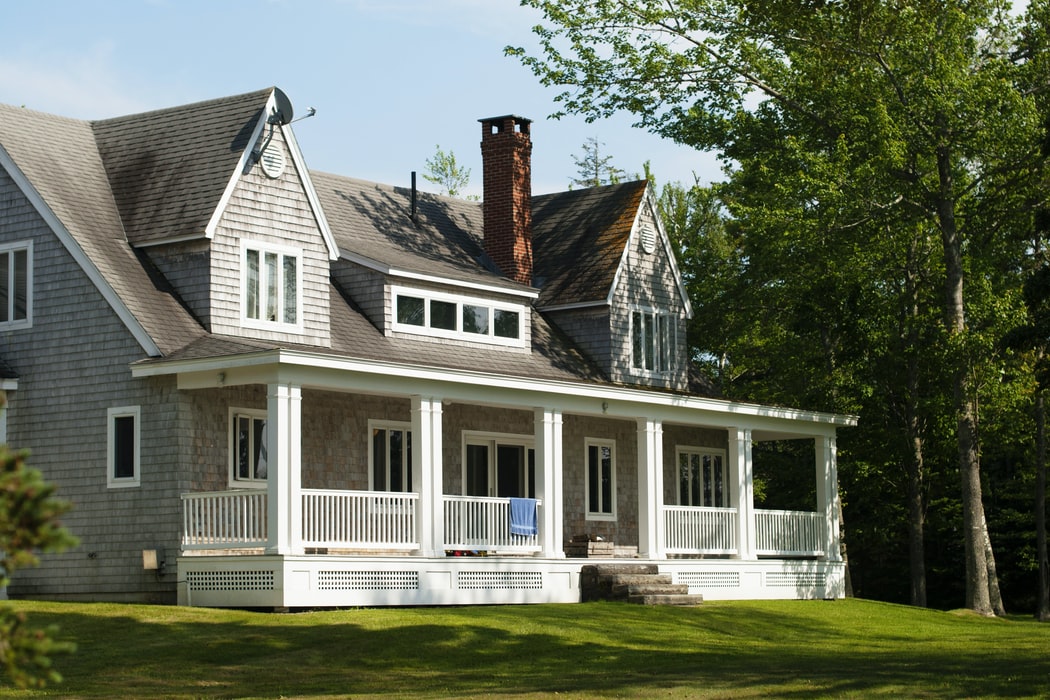What are the Factors that Affect the Life of Water Heaters?

Water heaters are one of the most crucial home appliances and perhaps indispensable too!

No home plumbing system can be complete without water heaters because hot water is necessary for your daily chores, from bathing to laundry to cleaning utensils and washing vegetables. Although water heaters have a specific life span, the conditions of use and the quality of water can impact longevity, which is why it is hard to answer how long do water heaters last. Moreover, the type of water heaters impacts its life.
The Type of Water Heater Determines its Longevity
Different types of water heaters like gas and electric water heaters, tank and tankless heaters have varied longevity assigned by the manufacturers. For example, the most common type of water heater, the tank-type water heater, can last about 10 years, whether it is gas or electric operated. Although gas heaters are eco-friendly, its construction is more complex, and it has many more components that increase the possibilities of failure and damage due to wear and tear. On the other hand, electric water heaters have a simpler construction and can last slightly longer, about a year or two more than gas water heaters. The longest-serving water heaters are the tankless type that instantly supplies hot water whenever you switch on the equipment and do not have any tank. These water heaters can last for 20 years, almost double than the tank water heaters. As there is no tank to store water, life gets prolonged.
What Affects the Life of Water Heaters?
Sediment build-up – The quality of water is a factor that hugely impacts the life of water heaters. This is especially true for tank water heaters because if the water is of poor quality, it leads to heavy sediment build up inside the tank on the walls and mostly at the bottom that forms a thick hard layer. The sediment forms a layer of insulation that affects the heating, and the water heater must work more to produce hot water. This leads to quicker wear and tear of the parts and shortens the life of the water heater.
High water pressure – Excessive water pressure can harm water heaters. Every water heater has a design pressure, which is the maximum water pressure that it can withstand. When the line pressure exceeds the design pressure, it can malfunction the inlet valve and even damage the water tank.
The wrong size of water heater – Water heaters are meant for intermittent use, but if you choose a smaller water heater, it would require frequent heating to cope with the consumption. Excessive use needs constant heat, which can lead to faster wear and tear and reduce the life of the equipment.
If the water heater gives frequent problems regardless its age, it is a sure sign of replacing it. Knowing the signs of trouble can help to decide whether repair or replacement would be appropriate. However, if the age is 10 years or more, getting a new water heater is always better.







Leave a Comment